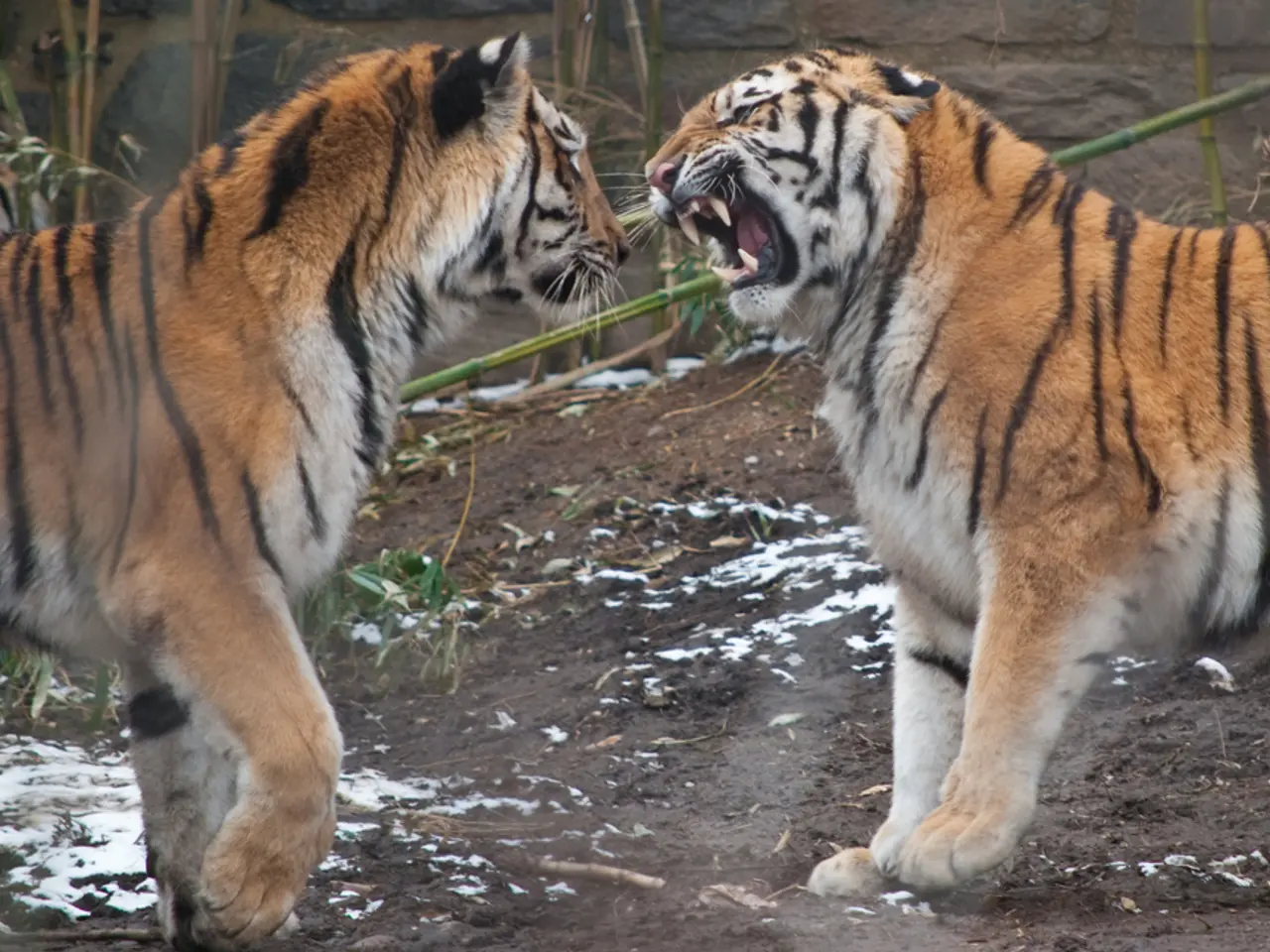Greetings! From Japan to Damansara Heights, The Five restaurant offers gluten-free udon and a plant-based menu by the age of 18.
Headline: All-Female, Indigenous Ranger Unit in Malaysia Protects Endangered Gibbons and Empowers Indigenous Women
In the heart of Pahang, Malaysia, an extraordinary group of women are making a significant impact on conservation and social inclusion. The all-female, all-Indigenous wildlife ranger unit, led by the Gibbon Conservation Society, is dedicated to protecting the country's endangered gibbons.
Background
The Semai, an indigenous group living in Pahang, are often among the poorest and most marginalized in Malaysia. With limited access to education, healthcare, and jobs, and traditional roles confining women to the domestic sphere, this ranger unit provides employment and empowerment opportunities outside of these norms.
The Gibbon Conservation Mission
The primary objective of this ranger unit is to protect and conserve gibbons, five species of which are endangered by the International Union for Conservation of Nature (IUCN). The unit also focuses on rehabilitating confiscated gibbons, many victims of illegal wildlife trafficking, improving their survival chances and reintroducing them to companionship and natural habitats.
Impact on Gibbon Conservation
The rangers actively participate in monitoring, rescuing, and rehabilitating gibbons rescued from illegal trafficking. Between January and February 2025 alone, hundreds of gibbons were confiscated, including infants, underscoring the scale of threats they face.
By incorporating the local indigenous community, especially women, into conservation, the program fosters stronger local stewardship, cultural relevance, and sustained protection for gibbons and their habitats. The initiative also raises awareness both locally and nationally, bridging conservation with indigenous rights and gender empowerment.
Leading the Charge
Sunnyda Yok Nun, a 38-year-old woman from the Semai tribe, is a passionate leader in this unit. Drawn to gibbons since childhood, she now leads the unit’s efforts and public outreach, blending cultural identity with conservation. Despite facing mockery and criticism from her family for joining the wildlife ranger unit, Cidot, as she is also known, chose to ignore it.
Mariani Ramli, the founder of the Gibbon Conservation Society, hopes the entire project can be eventually handed over to the women in the ranger unit. For Sunnyda, the voices of gibbons are powerful and overpower the sound of a river.
Many of the seven women in the ranger unit never imagined themselves working in conservation. Now, they are not just protecting endangered species, but also empowering themselves and their community. This innovative combination of all-female, indigenous ranger participation linked to gibbon conservation represents a significant step toward both biodiversity protection and social inclusion in Malaysia.
- News of an all-female, Indigenous ranger unit based in Kuala Lumpur, Malaysia, has been making headlines for their efforts to protect endangered gibbons.
- The ranger unit, led by the Gibbon Conservation Society, is making a significant impact in the heart of Pahang, not just on conservation, but also on social inclusion for the Semai, an indigenous group often marginalized in Malaysia.
- In an initiative that merges environmental-science with climate-change awareness, the ranger unit focuses on health aspects of the gibbons, five species of which are endangered according to the International Union for Conservation of Nature (IUCN).
- The ranger unit's activities range from monitoring and rescuing gibbons to rehabilitating and reintroducing them to their natural habitats, leading to a positive difference, even for confiscated gibbons, many of which were victims of international wildlife trafficking.
- With the unwavering leadership of Sunnyda Yok Nun, a Semai woman, the ranger unit is successfully bridging conservation with lifestyle changes within their community, proving that home-and-garden skills can extend beyond personal homes to the protection of endangered species through gardening techniques beneficial for gibbon habitats.
- Through this innovative program, the women of the ranger unit not only enhance their understanding of the importance of education in environmental-science, but also empower themselves and their community, inspiring other women to pursue careers in science and contributing to a more inclusive Malaysia.




